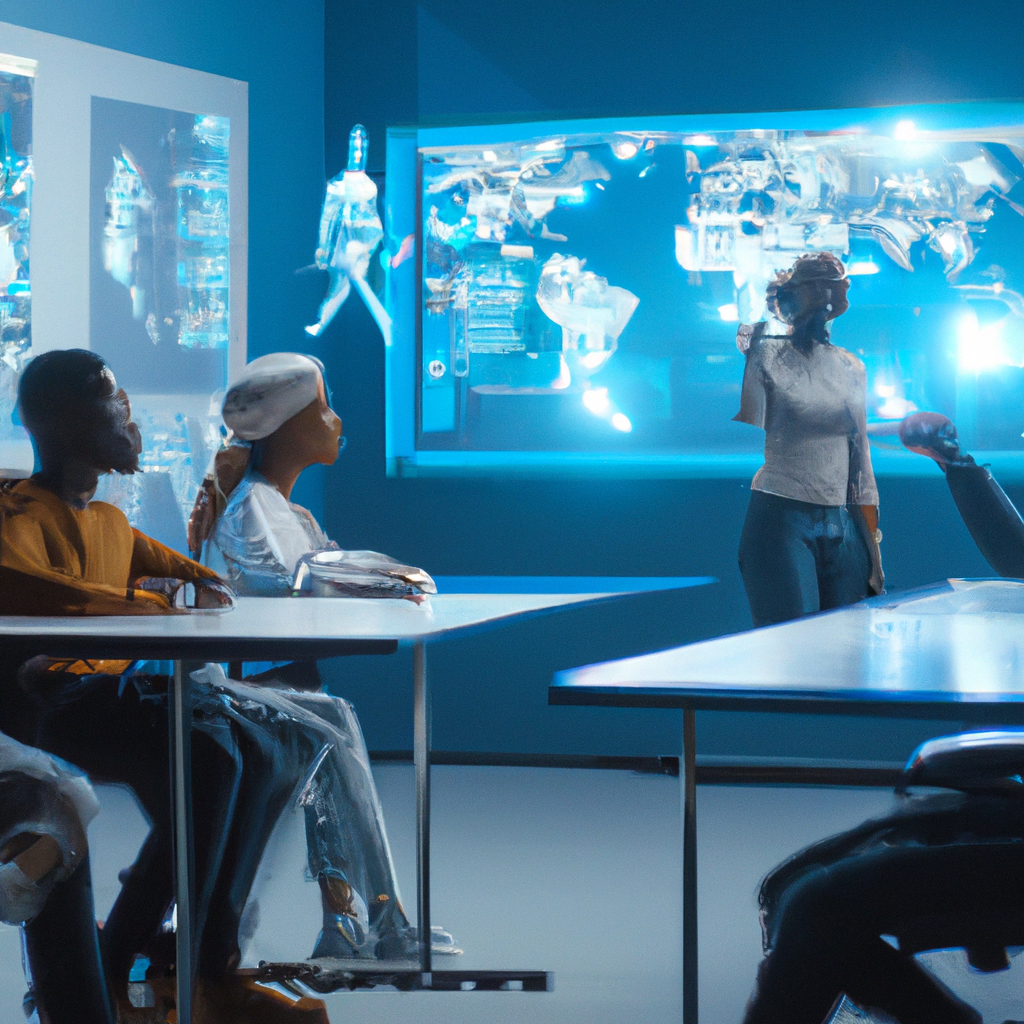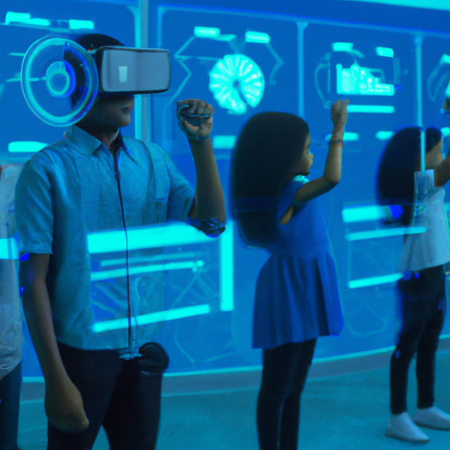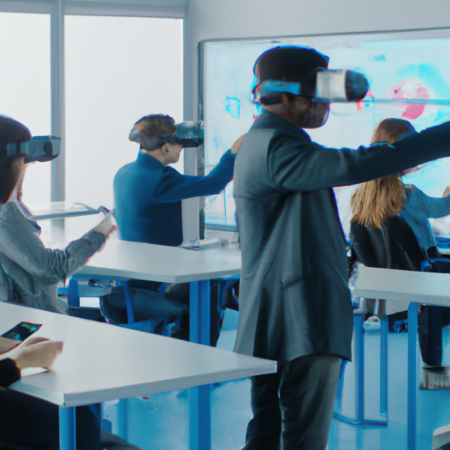Revolutionizing Learning: The Rise of AI in Education by 2025
In the second quarter of 2025, the educational landscape has transformed significantly, thanks in large part to the integration of artificial intelligence (AI). This evolution is not just about technological enhancement but also about a fundamental shift in pedagogical approaches and learning methodologies.
AI-Driven Personalized Learning
One of the most significant changes AI has brought to education is personalized learning. AI systems analyze students’ learning habits, strengths, and weaknesses to tailor educational content accordingly. This individualized approach helps in addressing the unique needs of each student, thereby enhancing learning outcomes.
Virtual Reality and Augmented Reality in Classrooms
The use of VR and AR technologies in education has become more prevalent by 2025. These technologies offer immersive learning experiences that are not possible in traditional classroom settings. Students can explore historical events, complex scientific processes, and more through virtual simulations.
Automated Administrative Tasks
AI has also automated many administrative tasks that traditionally took up a lot of teachers’ time. From grading assignments to managing student records, AI systems allow educators to focus more on teaching and less on paperwork.
Challenges and Ethical Considerations
Despite its benefits, the rise of AI in education also brings challenges. Issues such as data privacy, the digital divide, and the need for robust ethical frameworks are at the forefront of discussions about AI in education.
Conclusion
As we advance further into 2025, AI’s role in education continues to grow. This integration promises more personalized, immersive, and efficient learning experiences. However, it requires careful implementation to ensure that it benefits all students equitably.






